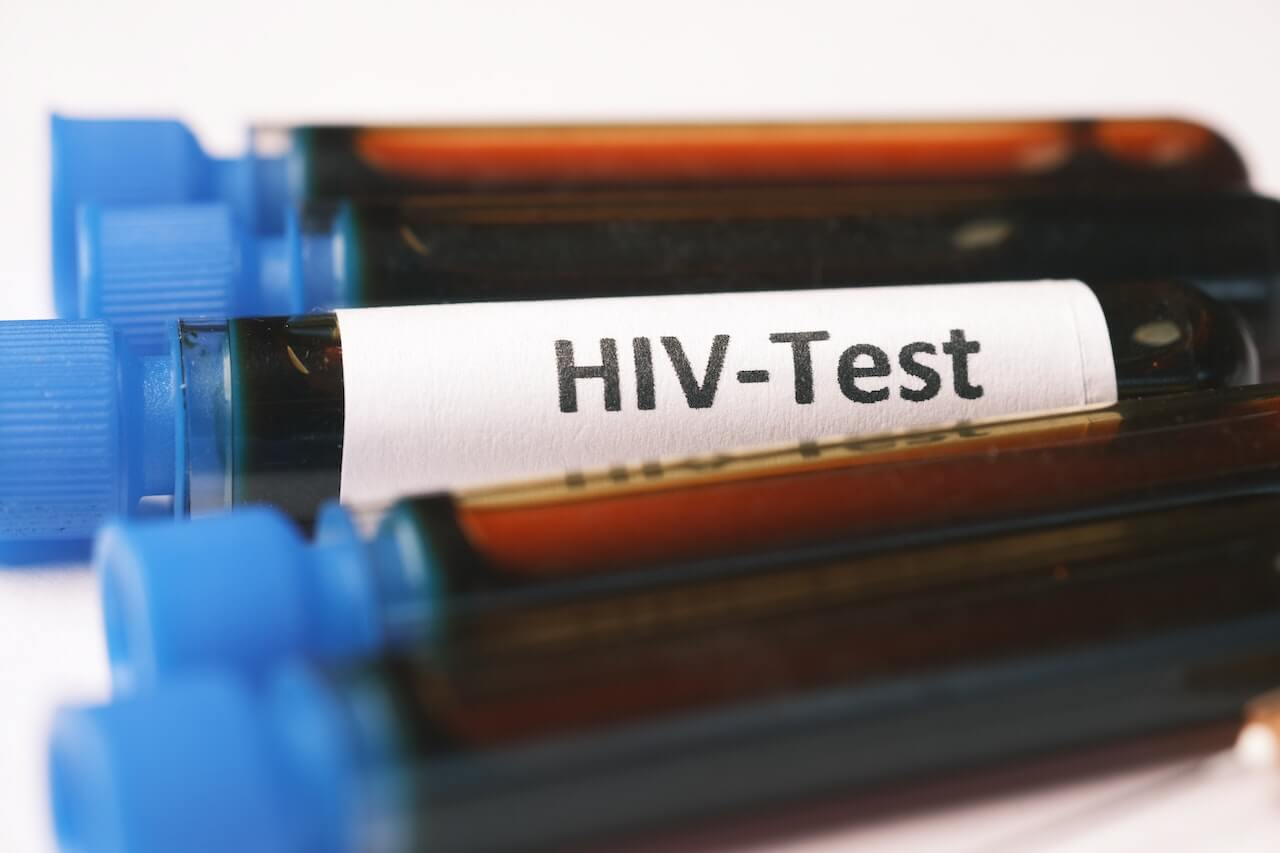SAN ANTONIO — Your body’s ability to ward off viruses like the flu and COVID-19 could hold the key to a longer life. Scientists from the University of Texas Health Science Center at San Antonio, in collaboration with researchers from five countries, have made a groundbreaking discovery regarding the capacity of individuals to resist or recover from infections and inflammatory stress. Termed “immune resilience,” this ability differs widely among people, regardless of age.
The research team developed a unique set of metrics to measure the level of immune resilience, which has significant implications for healthcare decisions and understanding differences in health outcomes among individuals of similar ages. The study revealed that some individuals are capable of preserving and restoring optimal immune resilience, regardless of age.
“Immune resilience is the capacity to maintain good immune function, called immunocompetence, and minimize inflammation while experiencing inflammatory stressors,” says study co-author Weijing He, MD, in a university release. “We found that during aging and when experiencing inflammatory stress, some persons resist degradation of immune resilience.”
The research team evaluated nearly 50,000 individuals of various ages and immune system challenges to assess levels of immune resilience. They found that individuals with higher immune resilience were more likely to live longer and resist infections such as HIV, influenza, and COVID-19. The study also demonstrated that optimal immune resilience could contribute to the prevention of diseases like AIDS, sepsis, and skin cancer recurrence after a kidney transplant.

The measurement of immune resilience was conducted using two approaches. First, by assessing the balance between two types of white blood cells, CD8+ and CD4+ T-cells, which play a crucial role in fighting infections. Second, by analyzing gene expression markers associated with immunocompetence and inflammation. The findings revealed that individuals with high immunocompetence and low inflammation markers exhibited optimal immune resilience.
Dr. Grace C. Lee, a research investigator at the VA Center for Personalized Medicine, emphasized the significance of immune resilience beyond inflammation, stating that it could lead to the discovery of new prevention and treatment strategies for chronic diseases like cardiovascular disease, COVID-19, HIV/AIDS, and cancers.
The study also explored the link between immune resilience and various infections and scenarios. For instance, during the influenza season, participants, including those with initially high immune resilience, exhibited low immunocompetence and high inflammation when flu-like symptoms appeared. Although many people restored their immune resilience during recovery, some individuals, even those with optimal immune resilience before infection, failed to do so.
The research team also studied female sex workers in Kenya and found that those with lower immune health grades had a higher risk of acquiring HIV. However, women who practiced safe sex and maintained a lower frequency of unprotected sex were able to restore optimal immune resilience, indicating that removing immunological stressors could lead to improved immune health.
The study further examined individuals with HIV and discovered that some younger adults were able to maintain optimal immune resilience markers despite infection. Early initiation of antiviral therapy played a crucial role in preserving immune resilience and reducing the level of HIV in the blood.

In the case of COVID-19, individuals with poor immune health grades at presentation were more likely to experience mortality, regardless of age. The same pattern was observed in patients with community-acquired pneumonia and sepsis. On the other hand, kidney transplant recipients with optimal immune resilience at the time of their first skin cancer occurrence were less likely to develop a second cancer.
The research also indicated that immune resilience was not solely determined by age. Younger individuals with poor immune resilience exhibited similar markers and immune health grades as older individuals, suggesting that the ability to restore and maintain immunocompetence at a younger age may be linked to lifespan. Additionally, females displayed higher levels of optimal immune resilience compared to males, with genetic studies suggesting a potential role of genetic variations in calibrating immune resilience.
Dr. Ahuja highlighted the public health implications of assessing immune health grades as a means to monitor immune resilience. By evaluating CD8+ and CD4+ cell counts, healthcare professionals could gain insights into individuals’ risk of developing immune-related diseases, their response to treatments, and their potential for recovery.
By identifying individuals with higher immune resilience, researchers hope to develop targeted strategies for disease prevention and personalized treatments that consider an individual’s immune health
The study’s findings are published in the journal Nature Communications.

